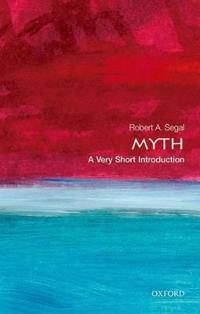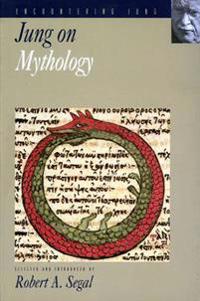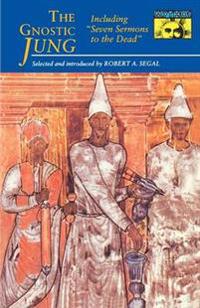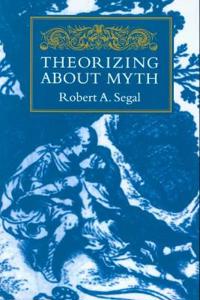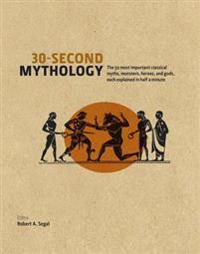Myth (Häftad)
avRobert A. Segal
ISBN: 9780192803474 - UTGIVEN: 200407This book is not about myths, but about approaches to myth, from all of the major disciplines, including science, religion, philosophy, literature, and psychology. The fate of the preternaturally beautiful Adonis is one of the main fables upon which Segal focuses, in an attempt to analyse the variou[...]
Myth (Pocket)
avRobert A. Segal
ISBN: 9780198724704 - UTGIVEN: 2015-09Where do myths come from? What is their function and what do they mean? In this Very Short Introduction Robert Segal introduces the array of approaches used to understand the study of myth. These approaches hail from disciplines as varied as anthropology, sociology, psychology, literary criticism, p[...]
The Blackwell Companion to the Study of Religion (Inbunden)
avEditor:Robert A. Segal
ISBN: 9780631232162 - UTGIVEN: 2006-02-28Jung on Mythology (Häftad)
avCarl Gustav Jung, C. G. Jung, Robert A. Segal
ISBN: 9780691017365 - UTGIVEN: 199807At least three major questions can be asked of myth: what is its subject matter? what is its origin? and what is its function? Theories of myth may differ on the answers they give to any of these questions, but more basically they may also differ on which of the questions they ask. C. G. Jung's theo[...]
The Gnostic Jung: Selections from the Writings of C.G. Jung and His Critics (Häftad)
avCarl Gustav Jung, C. G. Jung, Robert A. Segal
ISBN: 9780691019239 - UTGIVEN: 199206Gnosticism, together with alchemy, was for C. G. Jung the chief prefiguration of his analytical psychology. Jung did not simply interpret Gnostic texts psychologically but also cited them as confirmation of his psychology. An authority on theories of myth and Gnosticism, Robert Segal has searched th[...]
Why Postmodernity will Never Understand Religion (Häftad)
avRobert A. Segal
ISBN: 9781405161961 - UTGIVEN: 2014-05-31Why Postmodernity will Never Understand Religion (Häftad)
avRobert A. Segal
ISBN: 9781405161978 - UTGIVEN: 2014-05-31The Blackwell Companion to the Study of Religion (Häftad)
avEditor:Robert A. Segal
ISBN: 9781405185981 - UTGIVEN: 2008-09-30Theorizing About Myth (Häftad)
avRobert A. Segal
ISBN: 9781558491915 - UTGIVEN: 199907A collection of essays analyzing the leading theories of myth. It surveys the contours of this ongoing discussion, comparing and evaluating the theories of Edward Tylor, William Robertson Smith, James Frazer, Jane Harrison, Sigmund Freud, C.G. Jung, and others.[...]

